MANILA, Philippines – One of the biggest news stories over the past few days has been the case of an executive of a major multinational slapping and verbally abusing an MMDA enforcer. The YouTube video has had nearly two million hits. Bloggers have had a field day discussing the matter. And there have been many calls for the employer of the individual to take disciplinary action, including termination, for the offense — even if it occurred on the weekend on personal time!
While there are many opinions about this incident, for many, it does raise the question of “When does my personal life impact on my professional (business) life?” It’s a good question. We used to live in a world of silos. We had our business life and it was compartmentalized. Then we had our personal life. And it, too, was compartmentalized. Two different worlds, and one did not necessarily have any impact on the other.
Not anymore. Not in the digital age. And any professional cannot be so naïve as to think, “My private life is my life, and totally separate from my professional life.” No way, my friend!
There are multiple scenarios where a decision made in one’s private life can have a massive, even devastating impact on one’s professional life. Let’s talk about three of the most common scenarios:
• Impact on corporate reputation. One of a company’s most valuable assets is its reputation. And it’s the most protected, for good reason — it can take decades to build up, and yet in a short time the action of a few employees can tear it down. Think Arthur Anderson. Or Bear Stearns. Reputations destroyed in a matter of days. When an individual employee’s actions are so visible that they can rub off on corporate reputation — this is where a company can and should step in and take action. This can include any range of actions including separating from the employee —putting distance between both parties. This is very much the case we see today regarding the MMDA incident. Because the individual in question chose to engage in the act, and chose to identify his employer (seemingly as justification for being able to abuse a civil servant), this unfortunately brought his employer into the limelight. And any scan of the chat rooms will show it has impacted on corporate equity, at least short-term.
• Raising doubts on one’s competence or values. Sometimes a person will make a major gaffe in his personal life that will raise questions or doubts about that person’s skills, competence, or principles. One can rail against the “unfairness” of this but that’s life — we can’t cleanly decouple our professional and private lives in an era of digital media and everything being public! It’s a risk we all take when we engage in digital media. There are many examples of this. I once had a colleague who was caught committing a crime. His arrest made the papers. And he was promptly fired the next day! Reason? Issues with his values and poor fit with the corporate values of honesty and integrity. And it’s not a good argument to say, “Well, I am honest at work but I limit my dishonesty to stealing on my personal time.” It doesn’t work like this.
Lifestyle Feature ( Article MRec ), pagematch: 1, sectionmatch: 1
Another example are several cases of a senior executive who was defrauded over a multi-year period for having a household helper unknowingly use their bank card to gradually withdraw well over $100,000 and send it out of the country! This brings into question competence and attention to detail. If someone so loosely manages his own money (most people watch their own money closer than they do corporate money, and certainly should know where their bank card is for a multiyear period!) then it raises the question of how well managed are million-dollar corporate budgets under this person’s control?
A final example is occurring literally each week: a Facebook error. An employee spouts an opinion or controversial position that again clashes with a corporate culture as well as garners media attention, and forces the company to act, as the employee and the company are “linked” to a potentially extreme position. This just happened at the Olympics multiple times, when Facebook or Twitter comments were so offensive that athletes were immediately banned from their national teams. Four or more years of hard work, all gone over one sentence. This is the world we live in.
• Personal relationships. For the most part, personal relationships are off-limits to one’s employer. But there are cases when it does become an issue for the company, and this typically involves a conflict of interest. As I have said to many employees over the years: “If you want to cheat on your wife, that is your decision and between you and your wife. However, if you choose to cheat with someone in this office, someone in your reporting line, well, then, you suddenly make it my problem.” People’s private lives are private. But if you choose to dip your pen into the company ink, you have to be prepared for some ramifications.
The best way to think about all of this is to adhere to the following: We no longer have a private life and a professional life. We just have a life. And it is all one continuum. Think about every action you take, and how that can impact your life in all areas. And, as I always said to my kids when they would go out on a Friday night, “Make good choices.”
